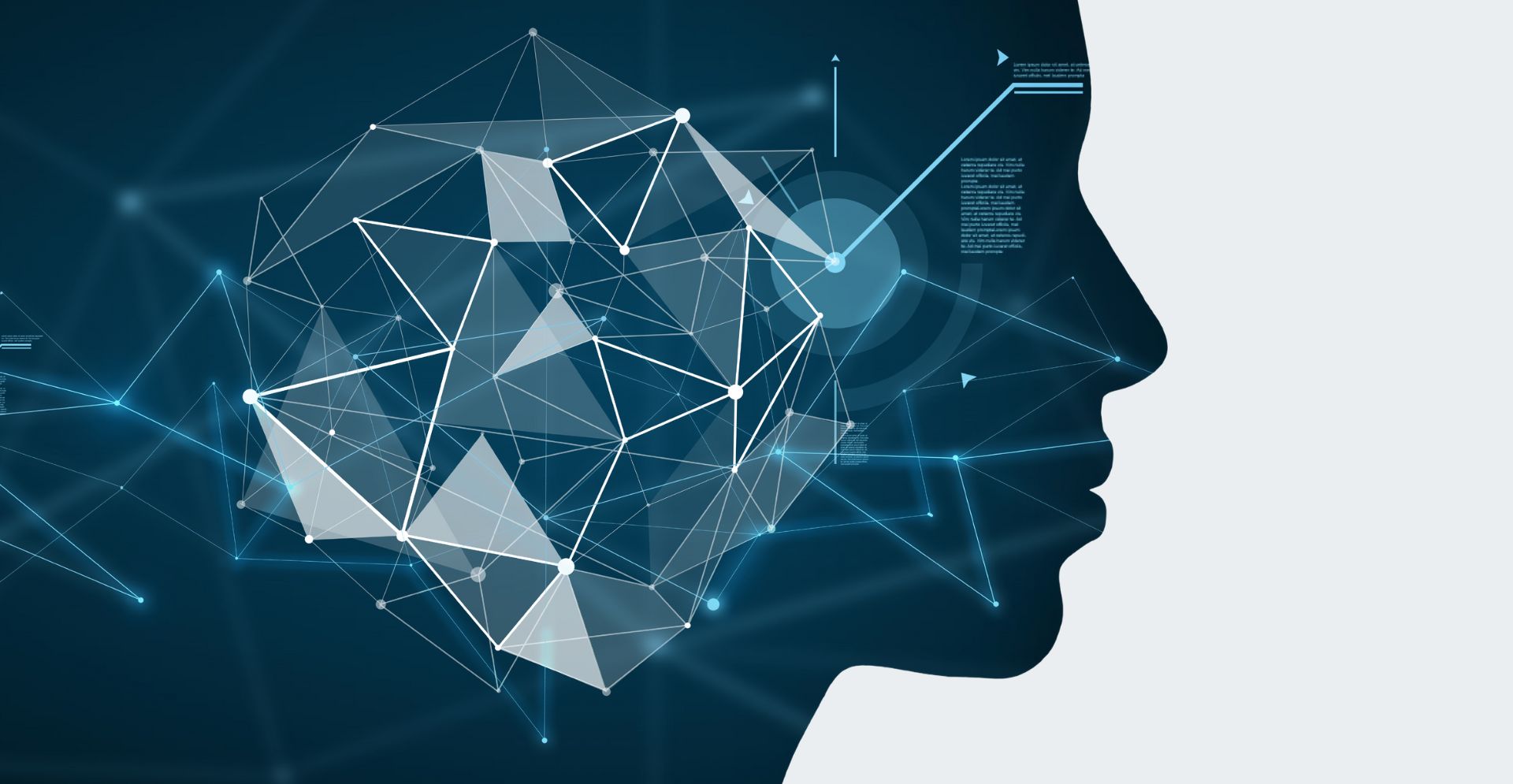Artificial intelligence (AI) has become a ubiquitous term, woven into the fabric of our daily lives. From the voice assistants that greet us in the morning to the recommendation algorithms shaping our online experiences, AI is quietly transforming the technological landscape. But its influence stretches far beyond convenience. AI has the potential to revolutionize entire industries, redefine the nature of work, and fundamentally alter the way we live.
A Technological Renaissance.
AI’s impact on technology will be profound. Here are some key areas to watch:
- Automation on Steroids: Repetitive tasks across industries – from manufacturing assembly lines to data analysis – will become increasingly automated. AI-powered robots will perform these jobs with greater efficiency and precision.
- Smarter Machines, Enhanced Infrastructure: Expect self-driving cars, intelligent traffic management systems, and predictive maintenance for our infrastructure – all powered by AI. This promises increased safety, reduced congestion, and improved efficiency.
- The Age of Personalization: AI will personalize our experiences to an unprecedented degree. From customized learning platforms to healthcare tailored to our individual needs, AI will leverage vast amounts of data to cater to our specificities.
The Future of Jobs: Reskilling, Not Replacement.
While automation through AI will undoubtedly displace some jobs, it’s important to remember that history shows us technological advancements often create new opportunities. The key lies in adaptation and reskilling. Here’s what to expect:
- Rise of the Human-Machine Partnership: AI will augment human capabilities, not replace them entirely. Jobs will require collaboration between humans and AI, with humans focusing on tasks that leverage creativity, critical thinking, and social intelligence.
- New Skillsets in Demand: The ability to work alongside AI, manage data, and think critically will be paramount. There will be a surge in demand for jobs in AI development, data science, cybersecurity, and fields requiring human ingenuity and emotional intelligence.
- The Need for Continuous Learning: The pace of technological change will necessitate lifelong learning. Educational systems will need to evolve to equip individuals with the skills needed to thrive in this dynamic environment.
AI’s Influence on Our Lives.
The impact of AI will extend far beyond the workplace. Here’s a glimpse into how it might shape our personal lives:
- Revolutionizing Healthcare: AI can analyze medical data to personalize treatment plans, facilitate early disease detection, and even assist in complex surgeries.
- Enhanced Security and Safety: AI-powered systems can analyze patterns to predict and prevent crime, improve border security, and enhance overall safety measures.
- The Ethics of AI: As AI becomes more sophisticated, ethical considerations become paramount. We need to ensure responsible development and deployment of AI to prevent bias and safeguard privacy.
The Road Ahead.
The future of AI is brimming with possibilities. However, navigating this technological revolution requires a proactive approach. Governments, educational institutions, and businesses need to work together to create a future where AI complements human potential and fosters a more equitable and prosperous society. As individuals, we must embrace lifelong learning and develop the skills needed to thrive alongside intelligent machines. The future of AI is not something to fear, but an opportunity to build a better world, together.
This is just a starting point for the conversation. AI’s potential is vast and ever-evolving. As we move forward, it’s crucial to stay informed, engage in discussions about responsible AI development, and actively participate in shaping the future of this powerful technology.

